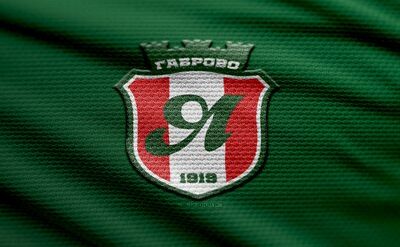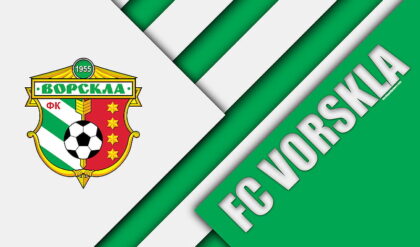Crystal Palace FC isn’t just a football club—it’s a symbol of resilience, passion, and unyielding spirit. Rooted in South London, the Eagles have defied expectations, thrilling fans with their electrifying style and fierce determination. With a history filled with triumphs, struggles, and unforgettable moments, Crystal Palace FC continues to carve its legacy in the Premier League. Their journey from underdogs to formidable challengers showcases the club’s relentless ambition and the unwavering support of their devoted fan base, proving that true football magic is born from heart and perseverance.
The Role of Management in Shaping Success
The management of Crystal Palace FC has been fundamentally important in steering the club towards stability and success. Effective leadership is vital in the world of professional sports, particularly in navigating the complexities of the football landscape.
Managers Who Made an Impact
Several managers have left indelible marks on the club throughout its history. Notably, the tenure of Alan Pardew was significant, as he led the team to the FA Cup final in 2016. This achievement not only reinvigorated the fan base but also showcased the potential for greatness within the squad. Pardew’s tactical acumen and ability to motivate players revitalized the club and instilled a belief among supporters.
Another influential figure is Roy Hodgson, who took charge in 2017. His vast experience in top-flight football brought stability to the side. Hodgson’s calm demeanor and tactical knowledge helped some of the club’s younger talents flourish while ensuring that seasoned players remained grounded.
The Importance of Tactical Flexibility
A hallmark of successful management is the ability to adapt tactics according to the strengths and weaknesses of both the team and opponents. Managers at Crystal Palace FC have displayed tactical flexibility, often shifting formations and playing styles to suit different match situations.
For example, under Hodgson, the team frequently utilized a counter-attacking approach that capitalized on pacey wingers and swift transitions. This strategy enabled them to secure valuable points against stronger teams, showcasing the capability of Crystal Palace FC to hold their ground even against more illustrious opponents.
Building a Strong Coaching Staff
Behind every successful manager stands a robust coaching staff. The importance of having skilled assistants, analysts, and fitness coaches cannot be understated. At Crystal Palace FC, the collaboration between the management and the coaching staff has fostered an environment conducive to player development.
The recruitment of specialists in various areas, such as sports science and nutrition, has become increasingly prevalent. By investing in these resources, Crystal Palace FC demonstrates a commitment to improving player performance and well-being, ultimately translating to better results on the pitch.
Player Development and Youth Academy
The youth academy at Crystal Palace FC is a cornerstone of the club’s philosophy and a vital aspect of its growth. Investing in young talent not only strengthens the squad but also allows the club to maintain financial sustainability, minimizing reliance on external transfers.
Successful Academy Graduates
Throughout its history, Crystal Palace FC has produced a wealth of talented players through its youth academy. Notable alumni include Wilfried Zaha, who rose to prominence as one of the most exciting wingers in the Premier League. His journey from academy graduate to first-team star exemplifies the potential residing within the club’s system.
Zaha’s achievements serve as inspiration for younger players within the academy. His success story highlights the importance of hard work, dedication, and perseverance, encouraging aspiring footballers to strive for excellence.
The Impact of the Academy on First-Team Performance
The integration of academy graduates into the first team has been a defining feature of Crystal Palace FC‘s recent success. By promoting homegrown talent, the club cultivates a sense of unity and familiarity among the squad.
When players share a common background, they tend to develop stronger on-field chemistry, resulting in more cohesive performances. This approach not only elevates the overall quality of the team but also fosters a deep emotional connection with supporters, who take immense pride in seeing their local talent shine.
Challenges Faced by the Youth Academy
While the youth academy has flourished, it has not been without its challenges. The increasing competitiveness of modern football has necessitated a shift in focus. Clubs are now more aggressive in signing established players, making it difficult for young talents to break into the first team.
Additionally, the pressure placed on academy graduates can be overwhelming. They must consistently prove themselves in high-stakes environments while coping with expectations from fans and media alike. As a result, clubs like Crystal Palace FC need to strike a balance between nurturing talent and providing them with opportunities to succeed without compromising their mental health and well-being.





